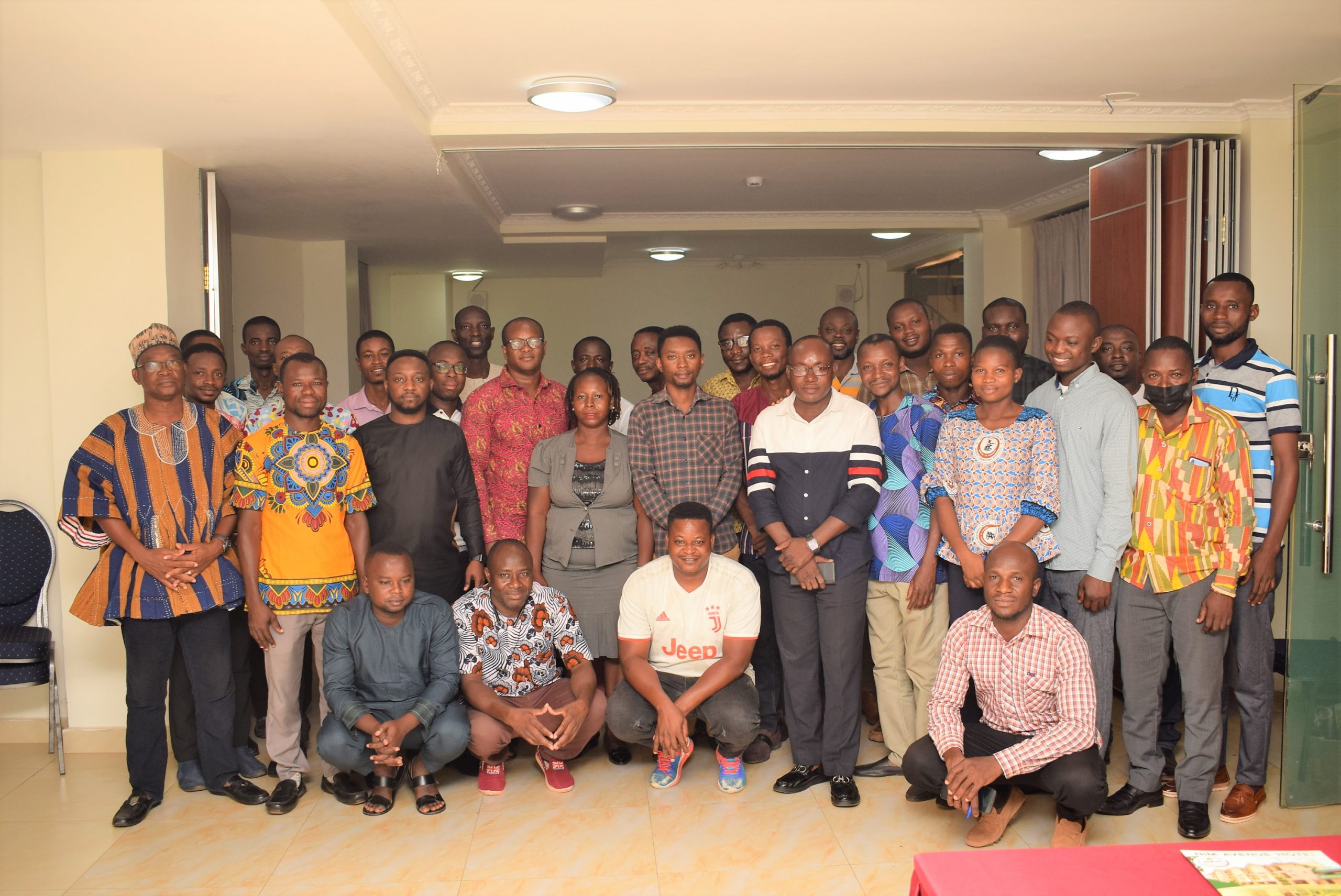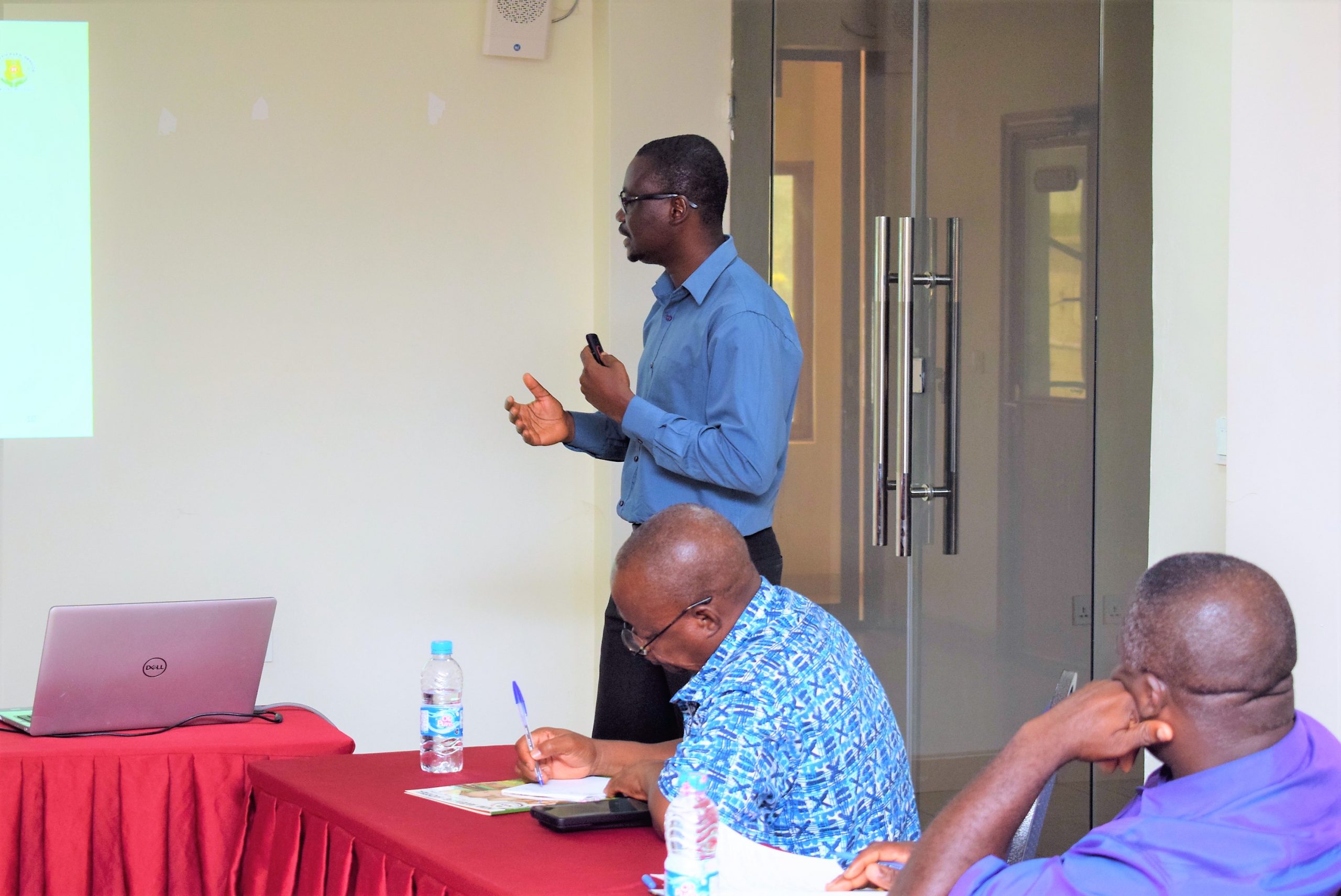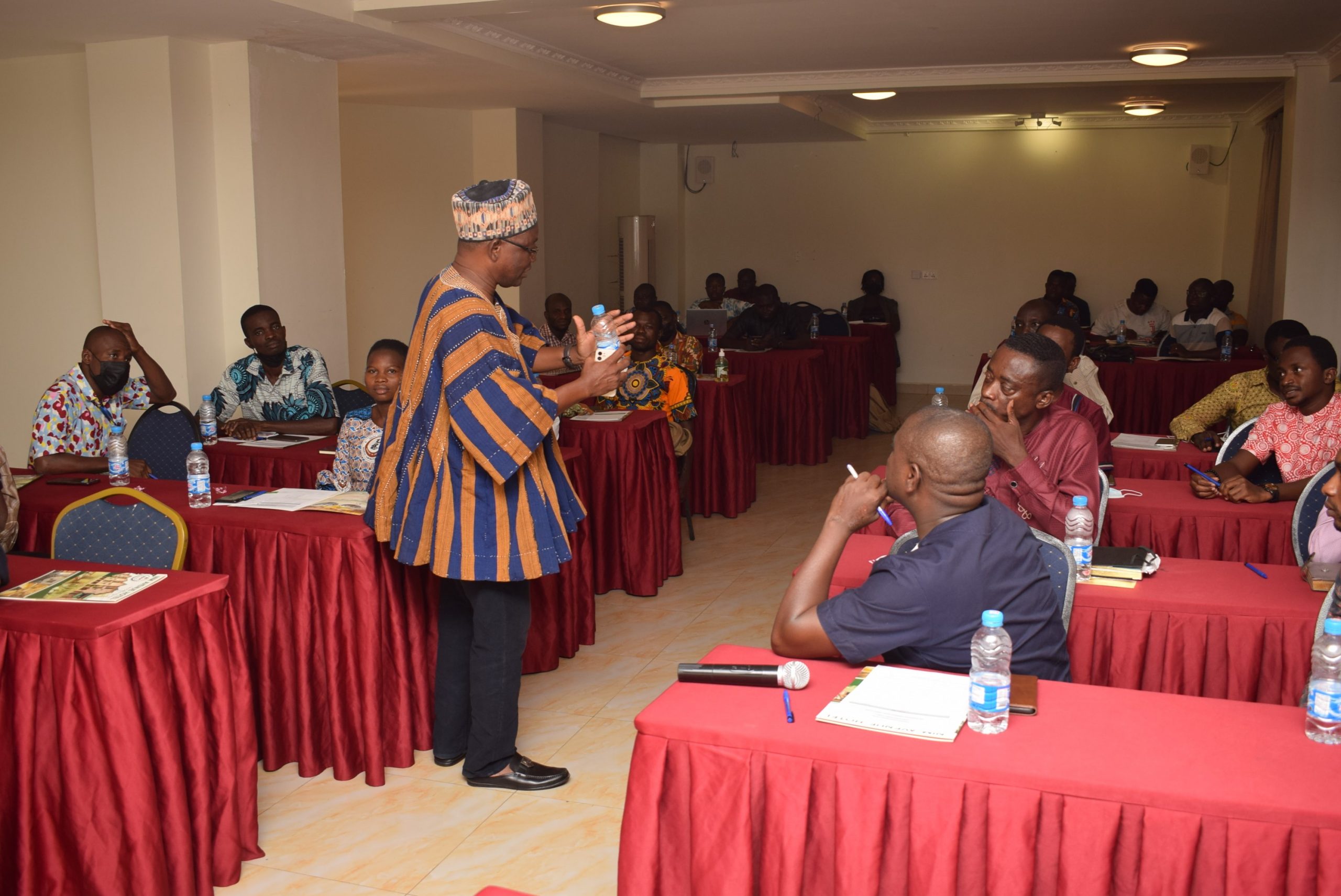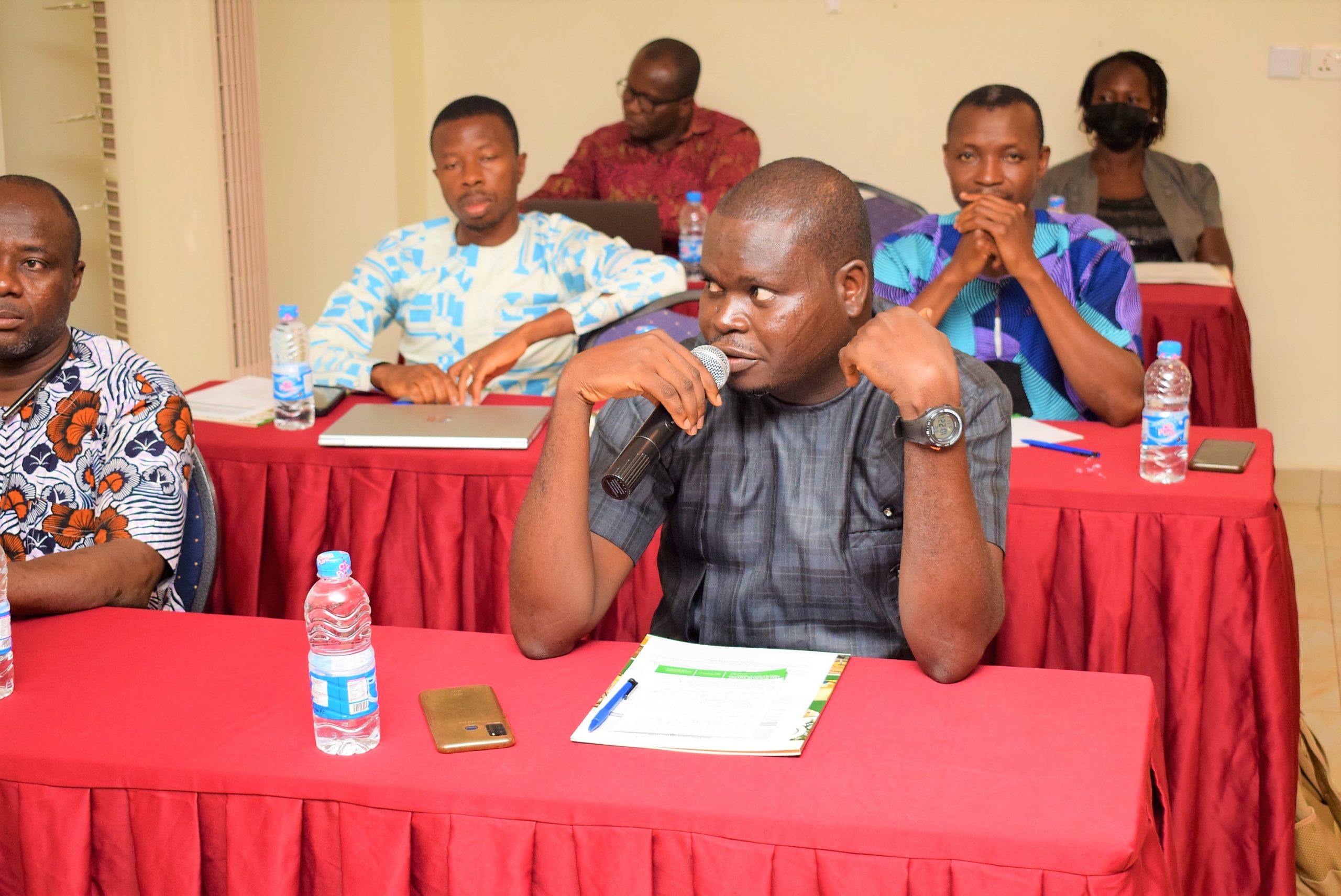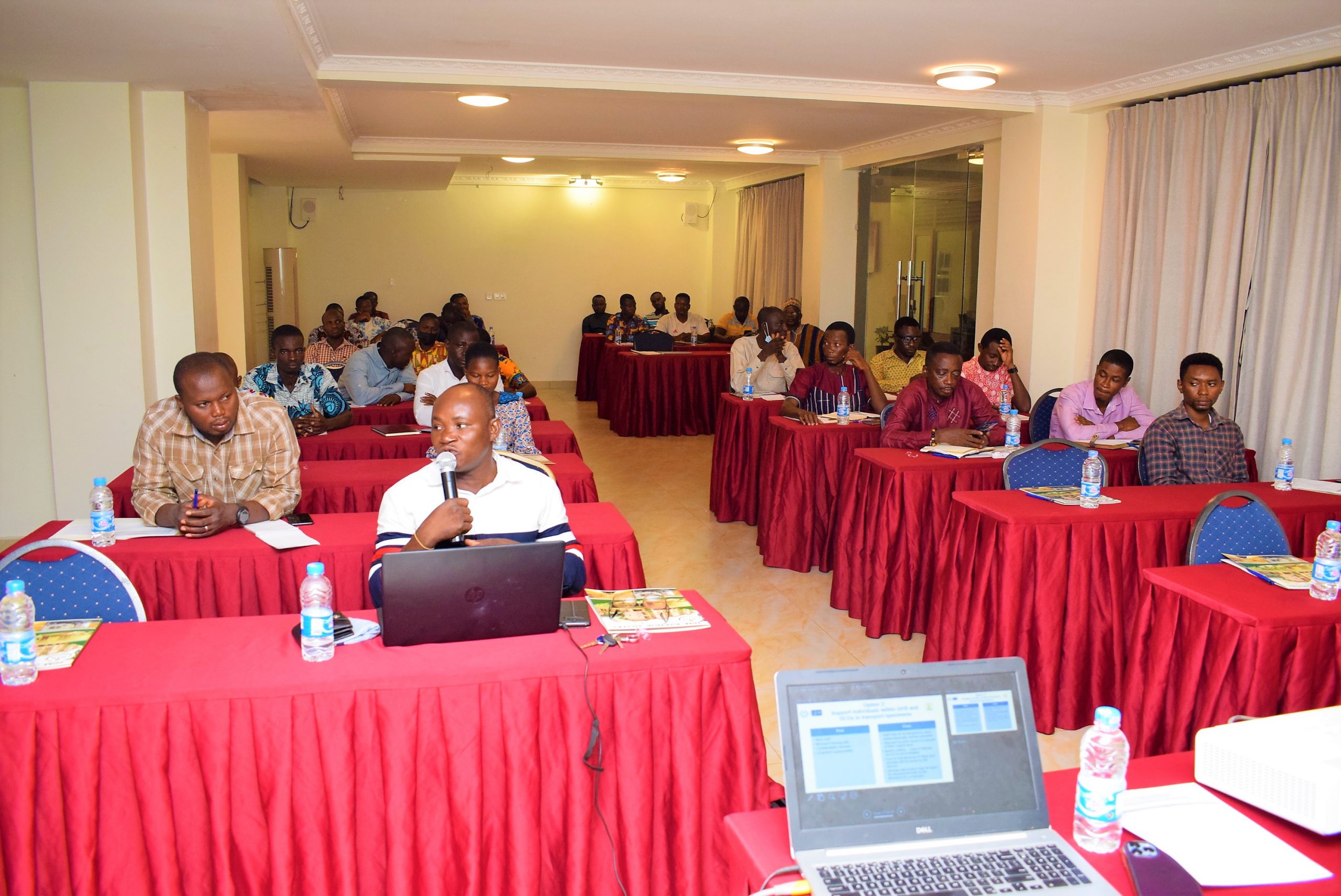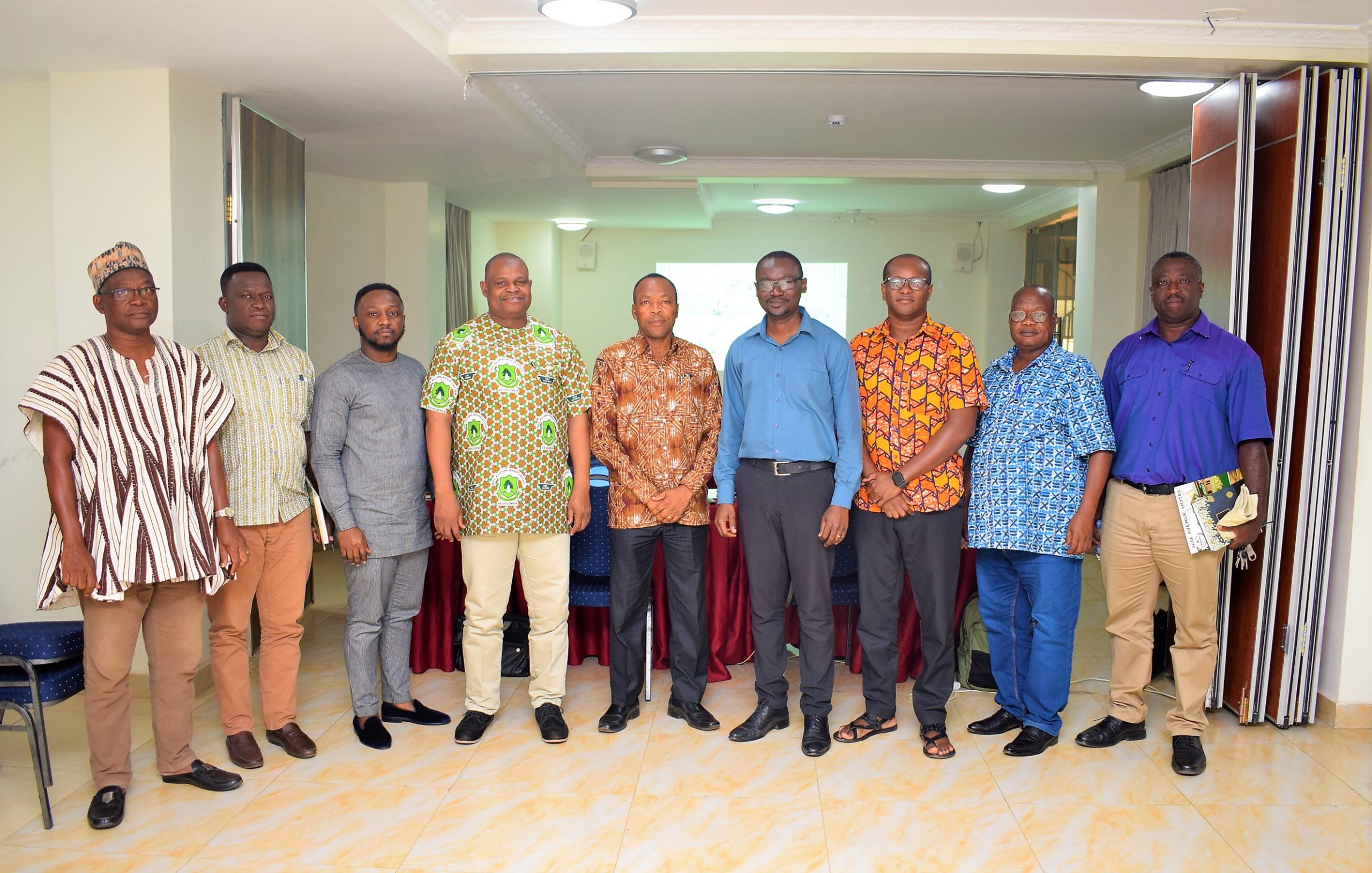
Efficient sample referral system (SRS) is an important instrument necessary in addressing the issue of testing deficits in low-to-middle income countries, including Ghana. To date, Ghana do not have adequate system in place to ensure smooth movement of clinical specimens from lower-tier laboratories to more advanced laboratories for testing of public health pathogens. Reporting systems are also hugely impacted. Improving the sample referral networks in the country is therefore desirable in ensuring timely diagnosis and maximum coverage of laboratory testing, and subsequently, enhancing the Global Health Security Agenda.
With this challenge confronting Ghana, CfHSS in collaboration with the Ghana Health Service and funding assistance from the US Centers for Disease Control and Prevention (CDC) have started looking for ways to improve the sample referral system in the Ghana. One of the regions being considered for piloting this referral system is the Northern region. However, prior to testing the system through the piloting, there is the need to engage regional stakeholders.
CfHSS invited these stakeholders for a 2-day meeting to engage them on the proposed pilot study. At present for the meeting was key managerial team from the Northern Regional Health Directorate comprising the Regional Director of Health Service (Dr. John Eleeza), the Deputy Director of Clinical Care (Dr. Braimah Abubakar), the Deputy Director of Administration (Mr. Jeremiah Timob), the Chief Pharmacist (Dr. Dominic Otchere), and the Deputy Director of Finance (Mr. Clement Atampugre). Other stakeholders present were individuals from the selected health centres, polyclinics, District and Municipal Hospitals and Health Directorates, and the Tamale Public Health Laboratory. Another important personality gracing the occasion was the Global Health Security Agenda (GHSA) Technical Advisor (Dr. Bernard Nkrumah, CDC-Ghana). In all, 21 health facilities were selected for the piloting in the region. Key issues discussed included the usability of the Northern regional map generated purposely for the piloting (indicating the networks of hubs and spokes), and proposals made to Ghana Health Service for consideration. Other important issues discussed were mode of samples transport from spokes to hubs, frequency of transportation, types of sample, storage capacity of facilities, and sample scheduling for pickups. The goal was to get inputs from stakeholders so that the CfHSS team could develop better strategies that would deliver the best results.
The Northern region stakeholders meeting has shed further light on the necessity of Ghana’s integrated sample referral system. The stakeholders affirmed their support and commitment to the pilot project. After the pilot, they expect to see a sustainable SRS and a scale-up of the exercise to include all of the region’s health facilities.

